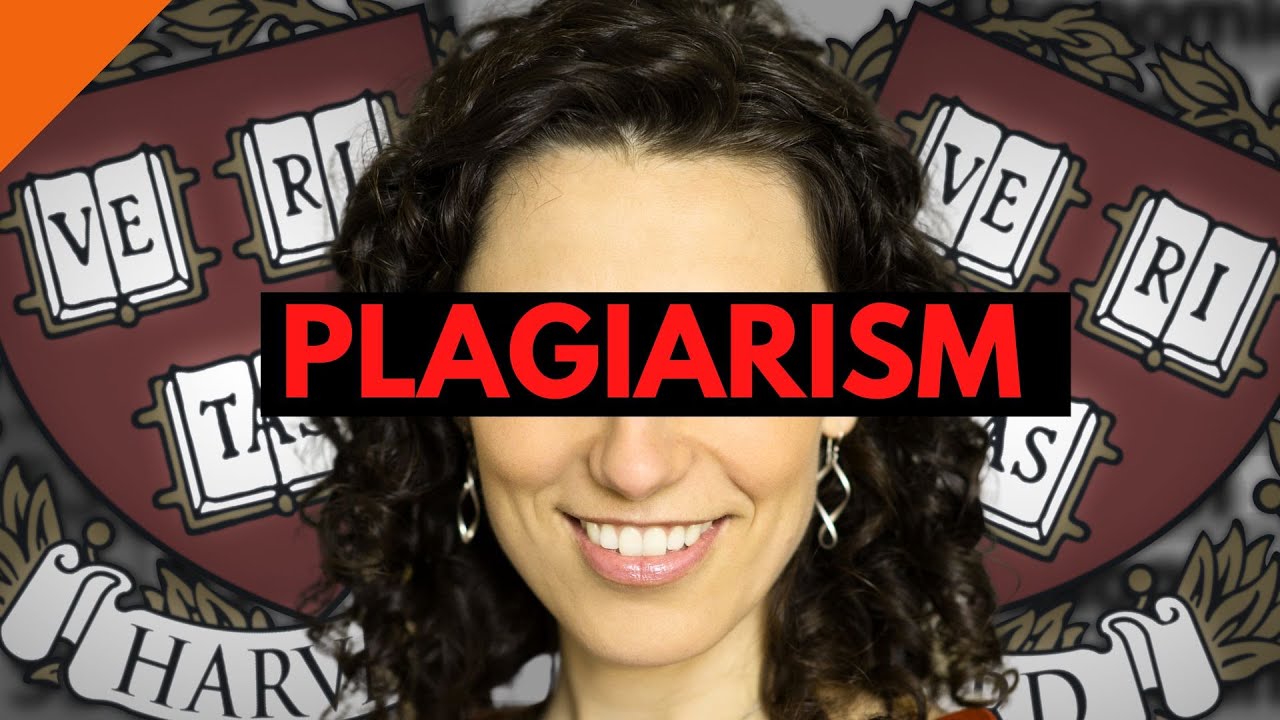Francesca Gino, a Harvard researcher previously involved in a fake data scandal, is now facing accusations of plagiarism in her 2016 book chapter “Dishonesty Explained.” University of Montreal psychologist Aaron Akland discovered instances of plagiarism in Gino’s work, which were corroborated by the journal Science, raising questions about Gino’s academic integrity and potentially further damaging her reputation as a researcher.
Francesca Gino, a Harvard researcher previously embroiled in a fake data scandal, is now facing new accusations of plagiarism. These accusations stem from the work of University of Montreal psychologist Aaron Akland, who discovered instances of plagiarism in Gino’s 2016 book chapter titled “Dishonesty Explained: What Leads Moral People to Act Immorally.” The evidence of plagiarism was corroborated by the journal Science, sparking further scrutiny into Gino’s academic integrity.
The first sentence of Gino’s book chapter was found to be identical to a paper by Elizabeth Umis from the University of Washington. Akland also uncovered multiple instances of plagiarism in the chapter, including content from other published papers and student theses, one of which belonged to a student from Tilburg University named Jasper B. Nelt. Science used plagiarism detection software called iThenticate to validate these findings, ruling out the possibility of independent parallel plagiarism by Gino and the original sources.
Among the most shocking aspects of these accusations is Gino’s lack of proper citations for the plagiarized content. Despite extensively citing other sources in the chapter, Gino failed to acknowledge the sources from which she allegedly plagiarized. This omission undermines the academic contributions of the original authors and raises questions about Gino’s credibility as a researcher.
The plagiarism accusations extend to Gino’s two books, “Sidetracked: Why Our Decisions Get Derailed and How We Can Stick to the Plan” and “Rebel Talent: Why It Pays to Break the Rules at Work and in Life.” These allegations of plagiarism add a new layer of complexity to Gino’s defense strategy, which has largely focused on refuting the data fraud accusations as unfair setups by her accusers. However, plagiarism presents a more straightforward case that is harder to dispute.
Ultimately, the new accusations of plagiarism are likely to further tarnish Gino’s reputation as a researcher. While the defense against data fraud allegations may have some ambiguity, plagiarism is a clear violation of academic integrity that is difficult to defend against. Gino’s reputation as a dishonest researcher may be solidified by these new revelations, undermining her credibility and weakening her defense in the ongoing scandal.
